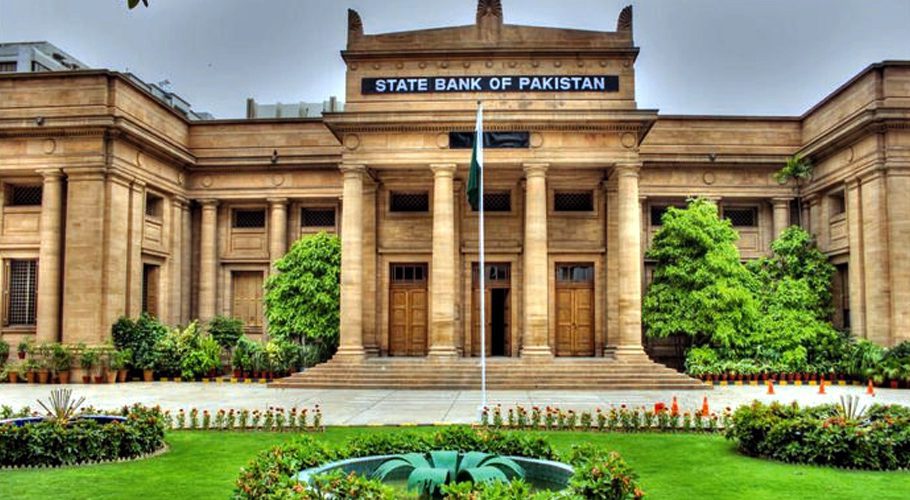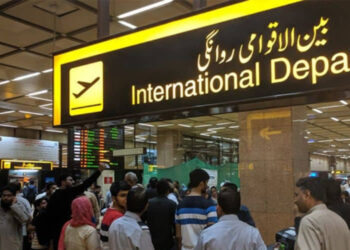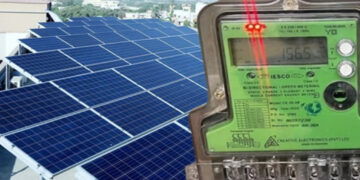KARACHI: The State Bank of Pakistan (SBP) Tuesday said that its Monetary Policy Committee (MPC) meeting has been preponed and is now scheduled for Thursday, March 2 as market participants expect a 200-basis-point increase in the central bank’s policy rate, which currently stands at 17%.
“The forthcoming meeting of the Monetary Policy Committee has been preponed and now it will be held on Thursday, March 02, 2023,” the SBP said in a brief statement.
The forthcoming meeting of the Monetary Policy Committee has been preponed and now it will be held on Thursday, March 02, 2023. pic.twitter.com/555JOhCFoe
— SBP (@StateBank_Pak) February 28, 2023
The next meeting of the central bank’s Monetary Policy Committee was initially scheduled for March 16. Off-cycle rate reviews are not uncommon though.
In the previous meeting held on January 23, 2023, the committee increased the policy rate by 100 basis points to 17%.
Back then, it cited persistent inflationary pressure as the reason behind the hike.
The pace of inflation, however, has since increased with January’s Consumer Price Index-based reading of 27.6% clocking in at nearly a 48-year high.
Pakistan is undertaking key measures to secure International Monetary Fund (IMF) funding, including raising taxes, removing blanket subsidies, and artificial curbs on the exchange rate. While the government expects a deal with the IMF soon, media reports say that the agency expects the policy rate to be increased as well.
Market participants in a recent treasury bill auction are expecting at least a 200 basis points increase in the policy rate, which stands at 17 per cent.
“Policy rate is expected to hit 19%,” Saad Khan, Head of Research at IGI Securities, was quoted as saying in Business Recorder.
The market analyst believed that the emergency MPC was necessary since officials are still at odds over how to curb increasing inflation, which already reached a nearly 48-year high in January at 27.6%.
“The inflation rate is projected to go over 30% in February, and is expected to remain above 30% in the coming months as well, due to the Ramazan factor, and rise in petroleum prices,” he said.



































